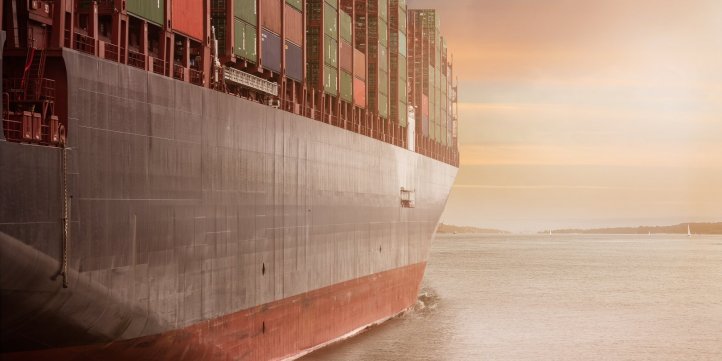Ships, Sea Ports, and Coronavirus: How to Keep Sailors Safe

On 16th March, shortly before lockdown measures were implemented, the Government issued new advice for cargo vessels, ferries, and cruise ships on how to keep workers safe while in marine settings, either at sea, or while docked during the pandemic.
The best advice, according to Government experts, is for employers to communicate regularly and clearly with sailors and other members of staff to ensure that all those working within a marine setting understand what is expected of them, and how they can take appropriate measures to protect themselves and others at this time.
So what should employers be communicating to their marine staff?
- The Importance of Suitable PPE
Working in enclosed spaces such as ships increases the risk of viral transmission, and cruise vessels were amongst the first to be hit with localised outbreaks in Asia. The new advice recommends that marine staff should wear fluid-repellent face visors, gloves, and disposable aprons to reduce the risk of transmission. It is the employer’s responsibility to provide this essential PPE, along with necessary medical supplies.
- The Need to Take Responsibility for Personal Health
Marine employees should not only be clear on the primary symptoms of COVID-19 – a new, continuous cough, high temperature, and loss of taste or smell – but also on the correct channels to report these symptoms. Notification of potential illness allows for the relevant Port Health Authority to be contacted, who can arrange for the local Health Protection Team to step in and assist the vessel with reducing the spread of the virus.
- Good Hygiene and Sanitation Practices
The importance of preventative measures, such as good hygiene and sanitation practices, is amongst one of the most important pieces of information that can be communicated to marine workers. All employees should be reminded regularly to wash their hands thoroughly for 20 seconds throughout the day, or use an alcohol-based sanitiser. Communal areas should also be sanitised and disinfected frequently.
While this guidance is just that – guidance – and is not to be confused with maritime law, this newly published Government advice does offer useful tips for maintaining health and safety during times of uncertainty and increased risk within the marine setting.
As sailors and other marine staff are often required to remain in confined conditions for extended periods of time, the environment unfortunately does facilitate viral transmission through respiratory droplets, so it is particularly important within this industry to wear protective clothing, stay clean, and take responsibility for one’s own health.





